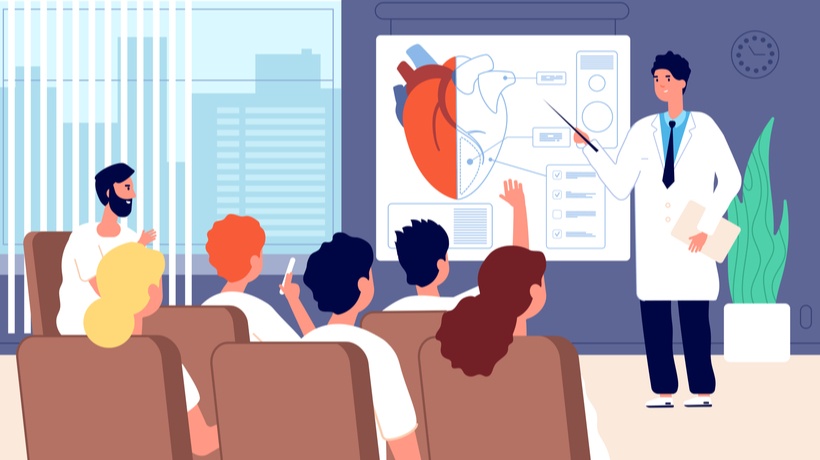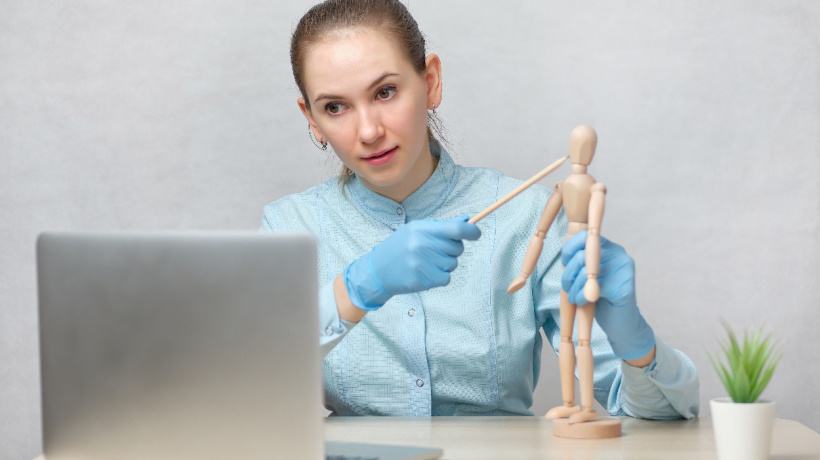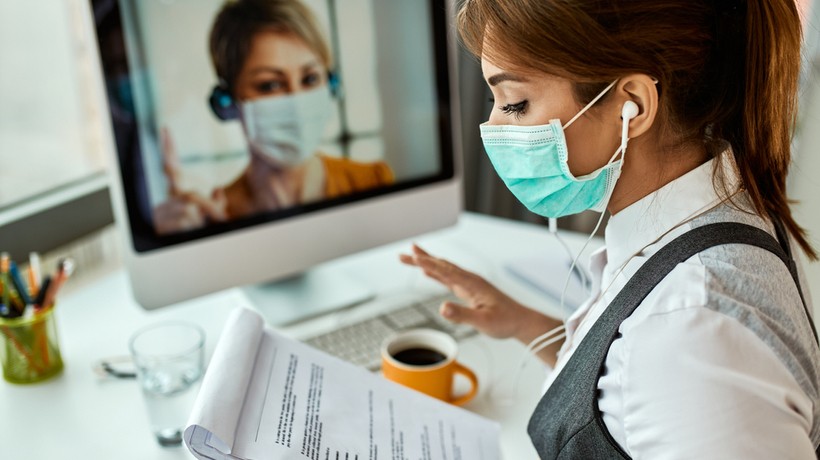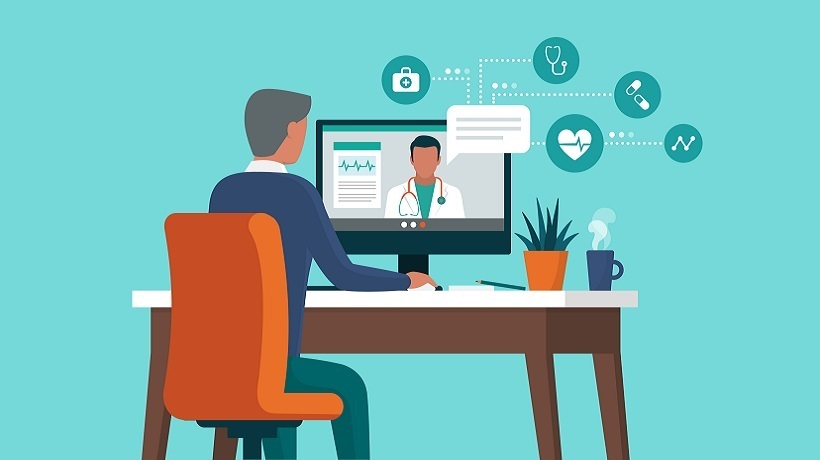What Are Allied Healthcare Workers?
The COVID-19 pandemic, which brought the world to a standstill, has made many changes necessary. One of them is regular medical training, which is the only way to ensure that healthcare workers don’t quit.
Can Medical Training Increase Allied Healthcare Workers?
It is true that healthcare workers gave their best during the critical times of the pandemic, but they were exhausted after a certain point. The reasons for their leaving jobs were the unexpectedly high number of hospitalizations and working odd hours during this medical emergency.
Who Are Allied Healthcare Workers?
There has been a lack of talent in the medical sector, particularly in the allied healthcare sector. This branch of healthcare involves helping the doctor to diagnose disease, so this includes lab technicians and doctors who run laboratories. Without an x-ray or an ultrasound, it’s tough to determine why someone is ill. There are also assistants working with dentists who clean your mouth before the dentist examines it.
The pandemic exposed the shortage of workers in the allied healthcare sector. It’s true that now, there is an increased need for doctors’ assistants. They check whether the patient has any disease through an examination, for example, an ophthalmologist’s assistant checks whether the patient has an eye problem by putting some eye drops. These people in allied healthcare save the time of the doctor, who can then examine only those patients who have a genuine problem. Doctors also get tests conducted on a patient for a preliminary analysis of disease, like the reason for abdominal pain. This helps the medical practitioner prescribe the right medicine, depending on the cause.
The medical system cannot run smoothly without allied healthcare professionals. For example, a doctor who diagnoses based on a blood test cannot do so accurately if the results of the wrong test are sent to him. Phlebotomists ensure that the blood is collected in the right amount and correctly marked before it reaches a doctor’s laboratory.
Why Did The Need For Such Workers Heighten During The Pandemic?
When the pandemic spread, there was a shortage of such allied healthcare workers who conducted the viral tests to find out whether someone had the virus or not. Due to the unexpected situation with COVID-19, the importance of these professions was realized. Pharmacy assistants had to carry out the job of giving out the self-administered COVID-19 tests. The following were the major functions performed by the pharmacy technicians during the COVID-19 crisis:
1. Telehealth Calls
Pharmacy technicians played such a great role during the pandemic because they ensured that patients took their medicines on time during telehealth calls. This ensured that the need to visit patients at home decreased, reducing the risk of infections. With licenses, these pharmacy technicians provided telehealth services, like demonstrating how to conduct a COVID-19 test. They also helped patients acquire better knowledge about the disease through telehealth calls, making sure that patients who had symptoms didn’t have to visit doctors in person. Hospitality workers also had to be retrained to ensure that they could check who a visitor was coming into contact with. The pharmacy technicians were even administering the vaccine during the pandemic. They were doing so supervised by a pharmacist licensed by the state. So, there is a need for there to be such workers in the future, should the need arise.
2. Remote Order Verification
Pharmacy technicians also do remote order verification, which involves validating whether a prescription contains the correct entries or not. If a patient has asked for medicine again, then the pharmacy technician can check whether they are buying the medicine too soon. They can check the previous orders of the medicine by the same patient on the PC. With remote order verification, the pharmacists can carry out prescription verifications for people living in far-off areas and supply medicines to them. During the pandemic, when the pharmacy technicians were working from home, the prescription verification was done on remote systems, and hence patients were supplied medicines. But medical training is vital for pharmacy technicians to use these systems. These systems also helped pharmacists cope with the lack of technicians, which happened due to lockdowns. Online working became easy due to medical training.
How Can Medical Training Help In Getting Such Workers?
Medical training can ensure that there is no scarcity of allied healthcare workers because it reskills them to prepare them for their roles. This kind of medical training, imparted by videos, can help these workers learn how to take blood specimens, for example. eLearning is a crucial form of medical training because aspiring workers might not have time, or their location might be too far from the places of offline education. Reskilling is also an important part of medical training for such roles. Medical clerks must be promoted to allied healthcare workers’ roles. Doing so would retain data entry workers and ensure that nurses are not faced with an intolerable workload.










